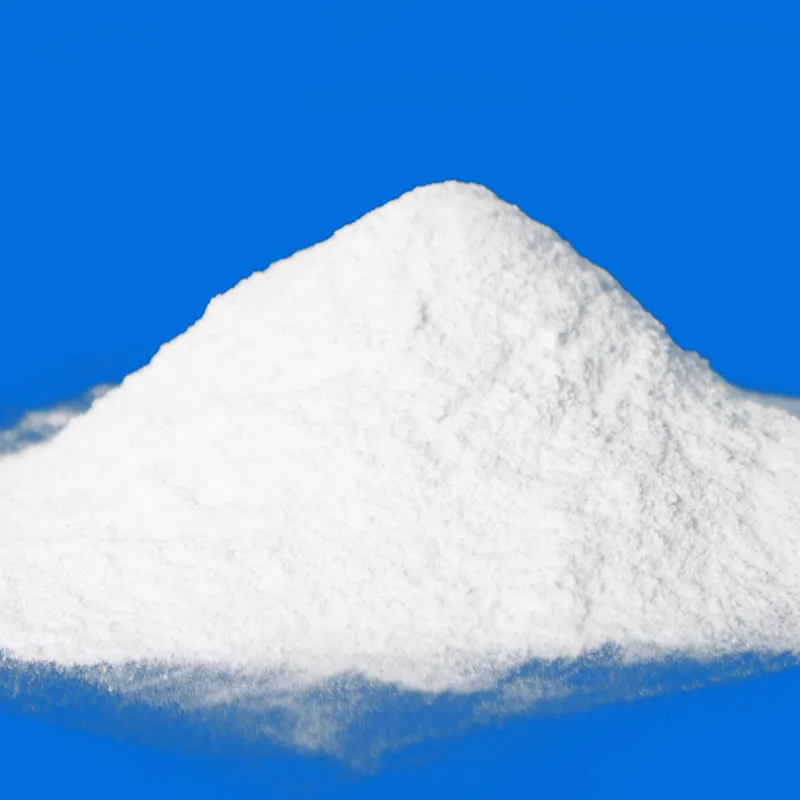
Understanding the Benefits of NPK Fertilizers for Optimal Plant Growth and Health
Understanding NPK Fertilizers A Comprehensive Guide
In the realm of agriculture, the importance of fertilizers cannot be overstated. Among the various types, NPK fertilizers stand out due to their balanced and essential nutrient composition. NPK stands for Nitrogen (N), Phosphorus (P), and Potassium (K), which are three crucial macronutrients required for optimal plant growth and development. This article explores the significance of NPK fertilizers, their individual components, applications, and benefits in modern farming practices.
The Significance of Nitrogen, Phosphorus, and Potassium
1. Nitrogen (N) Nitrogen is vital for the synthesis of amino acids, proteins, and chlorophyll. It plays a fundamental role in vegetative growth, influencing plant foliage and promoting lush, green leaves. Adequate nitrogen levels lead to increased photosynthesis, which ultimately boosts crop yields. However, excess nitrogen can lead to environmental issues, such as water pollution, emphasizing the need for careful management.
2. Phosphorus (P) Phosphorus is essential for energy transfer and storage within plants. It is a key component of ATP (adenosine triphosphate), the energy currency of cells. Phosphorus promotes strong root development and is crucial during the early stages of plant growth, enhancing flowering and fruiting processes. Deficiencies in phosphorus can lead to stunted growth and delayed maturity.
3. Potassium (K) Often regarded as the “health nutrient,” potassium helps plants regulate various physiological processes, including water uptake and enzyme activation. It enhances drought resistance, improves fruit quality, and bolsters overall plant vigor. Adequate potassium levels contribute to disease resistance and better resilience against environmental stressors.
NPK Ratios and Fertilizer Types
NPK fertilizers come with various ratios that indicate the relative percentage of each nutrient present in the formulation. Common ratios include 10-10-10, 20-20-20, and 15-30-15, where the three numbers represent the percentage of nitrogen, phosphorus, and potassium, respectively. Understanding these ratios is crucial for farmers and gardeners as it allows them to choose the right fertilizer based on the specific needs of their plants and soil.
npk fertilizer

There are two primary types of NPK fertilizers granular and liquid. Granular fertilizers are dry and are typically applied to the soil. They release nutrients slowly over time, providing a steady supply to plants. Liquid fertilizers, on the other hand, are dissolved in water and are absorbed quickly by plants, making them ideal for rapid nutrient supply during critical growth stages.
Benefits of Using NPK Fertilizers
1. Balanced Nutrition One of the most significant advantages of NPK fertilizers is their ability to provide balanced nutrition, ensuring that plants receive adequate amounts of all three essential nutrients. This balance is key to promoting healthy growth and maximizing yield potential.
2. Improved Crop Quality The proper application of NPK fertilizers can enhance the quality of crops. Richer flavors, improved size, and better disease resistance are often observed in crops that receive adequate NPK nutrition.
3. Increased Efficiency In modern agriculture, efficiency is paramount. NPK fertilizers are designed to deliver nutrients effectively, catering to the specific needs of different plants and soils. This reduces waste and minimizes the environmental impact of excess fertilizer use.
4. Soil Health When used appropriately, NPK fertilizers can improve overall soil health. By promoting strong root systems and healthy plant growth, these fertilizers contribute to a more resilient ecosystem that supports beneficial microorganisms and soil structure.
Conclusion
In conclusion, NPK fertilizers play an indispensable role in modern agriculture. By understanding the significance of nitrogen, phosphorus, and potassium, farmers can make informed decisions about their nutrient management strategies. While the benefits are substantial, it is crucial to apply these fertilizers judiciously to avoid environmental risks associated with over-fertilization. As we continue to advance in agricultural practices, the informed use of NPK fertilizers will undoubtedly remain a cornerstone for achieving sustainable and productive farming.
-
Pure Sodium Dichloroisocyanurate Dihydrate | Powerful DisinfectantNewsAug.29,2025
-
Industrial Chemicals: Quality & Purity for Every IndustryNewsAug.28,2025
-
Nitrile Rubber Honoring Strict Production StandardsNewsAug.22,2025
-
Aspartame Ingredients Honoring Food Safety ValuesNewsAug.22,2025
-
Fertilizer for Balanced Plant NutritionNewsAug.22,2025
-
Cyanide Gold Processing with High Purity AdditivesNewsAug.22,2025
-
Formic Acid in Textile Dyeing ApplicationsNewsAug.22,2025
Hebei Tenger Chemical Technology Co., Ltd. focuses on the chemical industry and is committed to the export service of chemical raw materials.
-

view more DiethanolisopropanolamineIn the ever-growing field of chemical solutions, diethanolisopropanolamine (DEIPA) stands out as a versatile and important compound. Due to its unique chemical structure and properties, DEIPA is of interest to various industries including construction, personal care, and agriculture. -

view more TriisopropanolamineTriisopropanolamine (TIPA) alkanol amine substance, is a kind of alcohol amine compound with amino and alcohol hydroxyl, and because of its molecules contains both amino and hydroxyl. -

view more Tetramethyl Thiuram DisulfideTetramethyl thiuram disulfide, also known as TMTD, is a white to light-yellow powder with a distinct sulfur-like odor. It is soluble in organic solvents such as benzene, acetone, and ethyl acetate, making it highly versatile for use in different formulations. TMTD is known for its excellent vulcanization acceleration properties, which makes it a key ingredient in the production of rubber products. Additionally, it acts as an effective fungicide and bactericide, making it valuable in agricultural applications. Its high purity and stability ensure consistent performance, making it a preferred choice for manufacturers across various industries.





